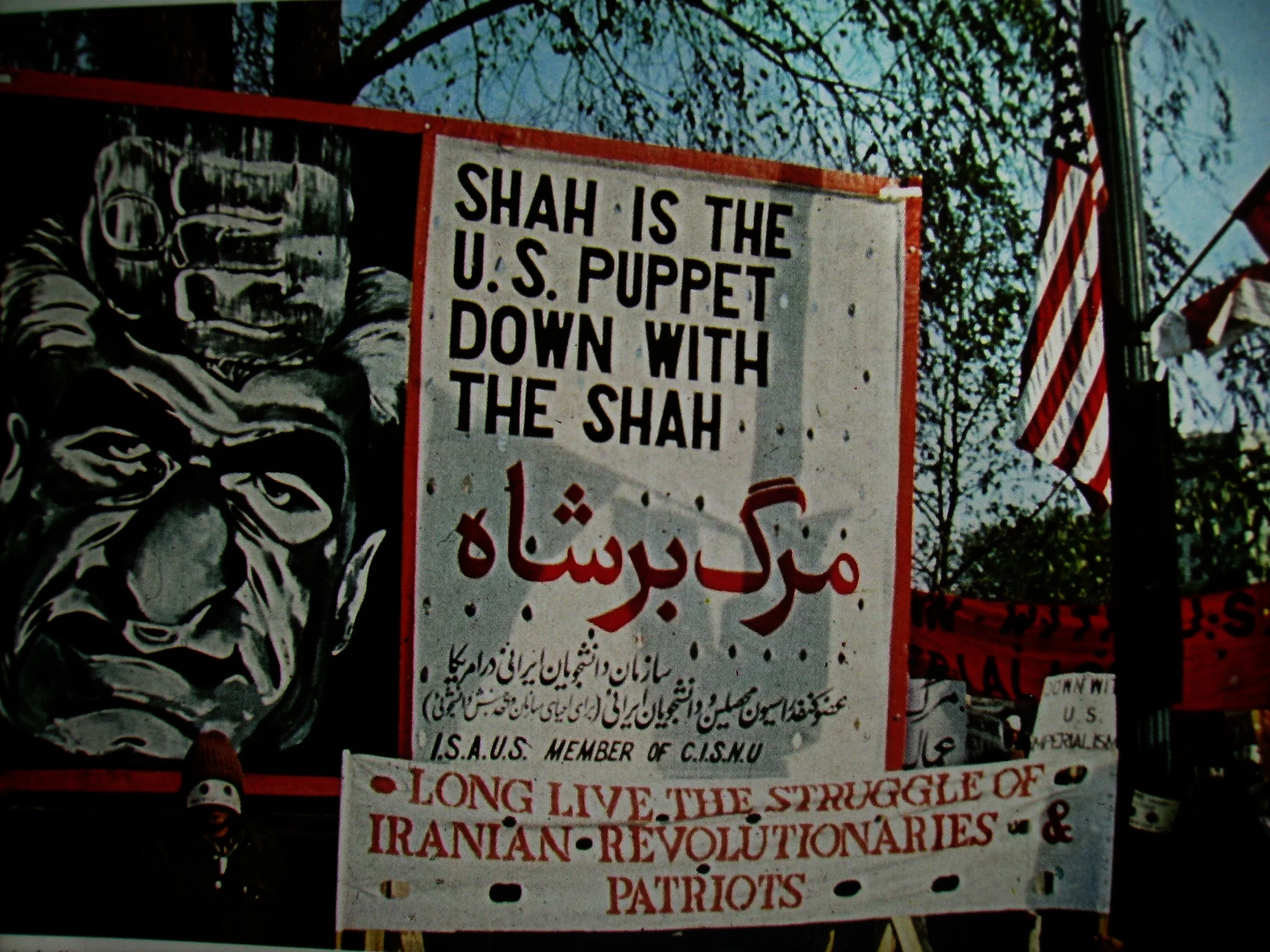Truly visionary leaders challenge the way things have been done. They create unique ways to provide remarkable service, take thoughtful risks, and proactively implement new ideas. They implement change and move the organization forward. While some members of the organization will embrace the change, others will not. To navigate change the leader needs the support of key subordinate leaders in the organization. He or she needs a champion at all levels with the ability to see it through.
#Reviewing The Conduct of War, 1789-1961
To get the most out of this book you need to get past the obvious prejudice that Fuller has, undoubtedly colored by his exasperation with the leaders who muddled through World War One and those who sidelined him during World War Two. If you can do this, The Conduct of War is an excellent historical introspection into the character of war and its utility for achieving political advantage.
#Reviewing The Evolution of Modern Grand Strategic Thought
In an impressive new book, Milevski argues that grand strategy is a conceptual nomad, an idea whose course has been driven solely by immediate historical contingency, with little theoretical grounding or guidance. Over the course of nearly two hundred years, writers on grand strategy have demonstrated a curious case of presentism in their approach to studying and refining the idea. Spurred by the necessity of solving immediate problems, grand strategy has been pushed in one direction after another, whipsawed by the emergence of new contingencies.
A mission no one wanted…Bringing Bosnian War Criminals to Justice: #Reviewing The Butchers Trail
#Reviewing Allied Master Strategists
The collaboration exhibited in this British-American alliance was essential to both the Americans and British because it gave both an arena for strategic military issues to be discussed below the level of the President and Prime Minister. While this give and take discussion on issues may not rise to the level of master strategists, it definitely positively contributed to the war effort.
#Reviewing 21st Century Knox
This book and its distillation of ideas and thinking that came from Knox’s “50 years before the mast” during a time period during which Knox had a front row seat as the U.S. Navy changed from a small, relatively weak force into one with truly global responsibilities and missions, is an essential read for all naval officers.
SAASS Opens its Doors...#Reviewing Strategy: Context and Adaptation from Archidamus to Airpower
Strategy: Context and Adaptation is definitely a book about strategy, offering many useful insights and practical takeaways for anyone interested in the field...But its greatest value is its function as a time capsule for the SAASS method of teaching timeless ideas, providing a method for the exploration of a subject area that by its very nature can never be formally captured or simply defined. In its essence, SAASS is not about hard-to-find classrooms,or groups of instructors and students stretching from the past and present. Like the classical methods that inspired it, SAASS in its essence is not the physical location where it resides...but rather the living method by which its graduates collaborate to view, investigate, question, shape, and ultimately act in ways that create continuing strategic advantage and serve the vital interests of our nation and its allies.
#Reviewing Incoming: Veteran Writers on Returning Home
The pieces in this volume are staccato in pace, including powerful imagery and flashbacks, and representing a fleeting moment in time, a feeling, a picture, or an idea, rather than a traditional narrative arc that we have come to expect in war writing. Incoming is a volume about individual moments and battles rather than war. In this lies its power and impact.
#Reviewing How Everything Became War
How Everything Became War and the Military Became Everything is an important addition to the professional body of literature on the evolution of warfare, providing readers with ideas on the future of warfare and the required institutions, legal frameworks, and strategies that need to be in place to maintain stability against an increasing number of threats to the post World War II order. While the nature of war has remained unchanged, the character of warfare is continuing to evolve and as Brooks points out, if we fail to act, we run the risk of unraveling the very fragile norms of warfare and human rights developed in that momentous summer of 1945.
#Reviewing Through the Valley: My Captivity in Vietnam
As the United States finds itself once again providing special operations and fire support to a host nation fighting an enemy bent on its destruction, the same psychological pressures and realities faced by Reeder are being confronted by both coalition personnel as well as all manner of people either captured or occupied by the Islamic State. New craters. Old volcanos. And as we continue to pour support into this fight, there comes with it the same human costs that responsible decision makers and leaders would do well to understand.
#Reviewing Consequence: A Memoir
#Reviewing Here, Bullet: Turner’s Trinity of Love, Death, and Poems
Mere description cannot approach the inner essence of the experience of war, but poetry can...Rather than attempting to bridge this insurmountable gap, Turner leads us to the edge, pushing us there without pushing us off. Turner later contends, “I have no words to speak of war.” Instead, he translates bullets, moving from Bismarck’s blood and iron to ink and lead. What follows is a collection of poems infused with “the language of blood,” endowed with experience, taking us to edge, showing us what otherwise cannot be seen, and leaving us there to reflect.
No One Had a Clue: #Reviewing America’s War for the Greater Middle East
The Best Club in the History of the World: #Reviewing The World According to Star Wars
Even if Star Wars objectively is not-so-great as a film series, its enduring themes found in thousands of years of narratives tap into something universal that manages to overcome any creative or other shortcomings. “There’s a deep human desire for common knowledge and common experiences,” he writes. And the hero’s journey is one nearly everyone can relate to. His book also explores human behavior, covering how people succeed, decision-making (freedom to choose, he highlights, is a key Star Wars value), and father-son dynamics. At a high-level, it might be said that Sunstein wrote a book about relationships—how each generation creates ways to connect to the next, how children redeem their parents, and how law develops over time.
#Reviewing Practise to Deceive
Barton Whaley’s Practise to Deceive, a posthumously published work, is not a manual on how to conduct military deception, nor is it a “do-it-yourself” guide for deception planners. It is, however, a valuable resource that will aid the deception planner through discussion and analysis of 88 case studies.
Where Youth and Laughter Go: An Interview with Seth Folsom
[Where Youth and Laughter Go] is worth revisiting. America faces weighty decisions in the years ahead, and Folsom’s experience is instructive. There are limits to what can be done. If you debated the strategy of the surge, or if you believe it didn’t last long enough, or if you believe we ought to go back again, you should read this book.
#Reviewing The Lost Mandate of Heaven: The American Betrayal of Ngo Dinh Diem, President of Vietnam
The Lost Mandate of Heaven: The American Betrayal of Ngo Dinh Diem, President of Vietnam is a must read for policy-makers, and is extremely worthwhile for the military and other governmental agencies. It contains lessons that may assist in stopping a conflict before it starts, or to help manage it once conflict has begun.
#Reviewing Occupied
Climate change caused by human activity is settled science. Implications for the future of public health, the economy, and the global order of states are recognized as a real concern around the world. The European Union is strong, but NATO is not. Mid-East turmoil has compromised oil production there. The United States global hegemony is over. Complete energy independence from the rest of the world has resulted in an isolationist stance wherein the US has withdrawn from NATO as well as her other international obligations. The US remains a seeming world power with respectable military and diplomatic influence, but only grudgingly and apparently by force of reputational versus relational power. This is the scene, but not the story, and the focus is not America.
#Reviewing Mission Creep
[T]he authors deftly present an even-handed view where the Defense Department has expanded into new missions and encroached on the turf of other agencies, but has not done so alone. They contend the increasing militarization of foreign policy was not an overnight change beginning with the George W. Bush administration after 9/11 and accelerated under President Obama. Instead, they describe a consistent and long term process with Congress, the United States Agency for International Development, the Department of State, and other parts of the Executive, all helping in their own unique institutional ways, to facilitate this shift and pull greater power to the Pentagon.





















